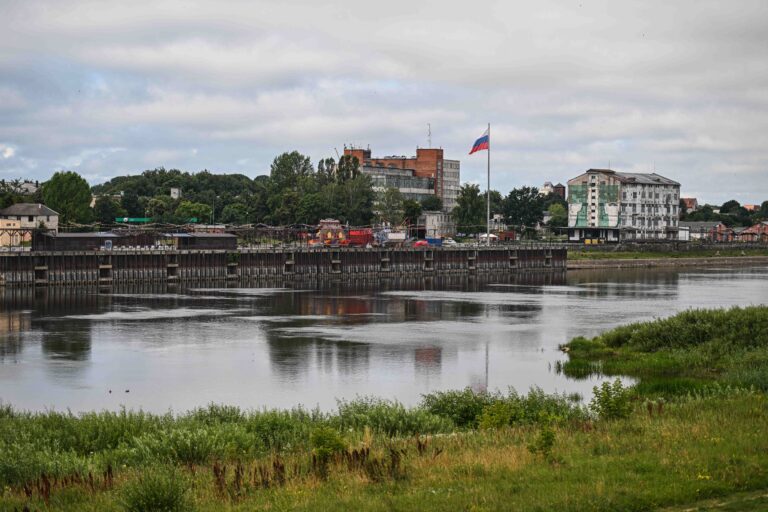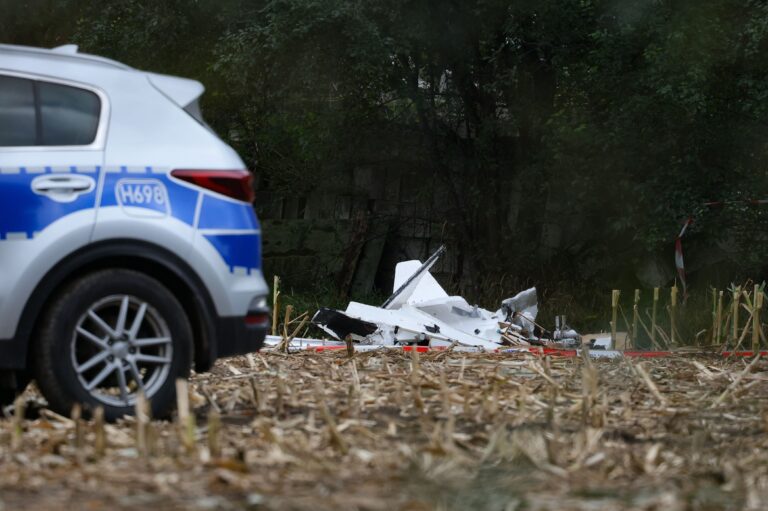Biznes Fakty
„Warning Signals” for the Polish Economy

„Despite the strains in global trade, the resurgence of the Polish industry is ongoing,” Finance Minister Andrzej Domański stated on social media on Friday, referring to the PMI figures. The index has remained above the 50-point mark for the third consecutive month. Concurrently, S&P has indicated that „warning signs have emerged” for the Polish industrial sector.
S&P Global announced on Friday that the PMI index for Poland’s manufacturing stood at 50.2 points in April, down from 50.7 points in March.
„Despite ongoing tensions in global trade, the recovery in Polish industry persists. The PMI – a crucial leading indicator in the sector – is once again above 50 points. Both production and employment are on the rise,” wrote Andrzej Domański, the Minister of Finance, on Platform X this past Friday.
S&P: Warning Signs Have Emerged
S&P Global reported that the economic conditions within Poland’s manufacturing sector improved for the third month in a row in April, based on collected data. „However, warning signs indicated that the current recovery is delicate, as new orders have declined and the outlook for the next 12 months has sharply weakened. Input costs and the prices of finished goods have risen once more, albeit at a relatively slow pace,” it stated.
The report’s authors noted that the most favorable influence on sector conditions in April was attributed to the rise in production. „Production has increased for the third consecutive month, at the fastest rate since February 2022,” they emphasized.
Employment also saw an uptick in April, marking the fifth increase in seven months, as companies brought on new staff to handle ongoing workloads, with backlogs rising for the first time in nearly three years.
S&P Global additionally reported that while production and backlogs increased in April, the demand for Polish industrial goods slightly weakened.
„New orders dipped for the first time in three months, resuming the overall downward trend noticed over the past three years. This decline in new orders was primarily driven by a decrease in exports. Nonetheless, it is important to note that both total new orders and those from abroad fell only marginally,” it explained.
„A Significant Rise in Business Uncertainty”
Analysts at PKO BP highlighted in their commentary that the S&P Global study confirms „a distinct rise in uncertainty among companies regarding the future economic landscape.”
„The forecasts for the upcoming 12 months have rapidly deteriorated, with the only stronger shift occurring at the start of the pandemic. The source of this increasing pessimism stems from concerns about economic downturns, a reduction in orders, including a drop in exports to the US, and rising costs,” they added.
The commentary pointed out that for the moment, the influence of tariffs on the situation of processors in Europe is barely visible in the main indices.
„A negative exception may be observed in Spain, where April brought a significant decline in orders due to both the direct and indirect effects of the tightened US trade policy. However, in April, we noted a substantial rise in concerns among processors regarding the economic situation in the following months across the vast majority of European economies. Consequently, the industry’s sentiment will largely depend on whether the proposed tariffs of 20% by D. Trump on the European Union will be enacted on July 9,” the bank indicated.



